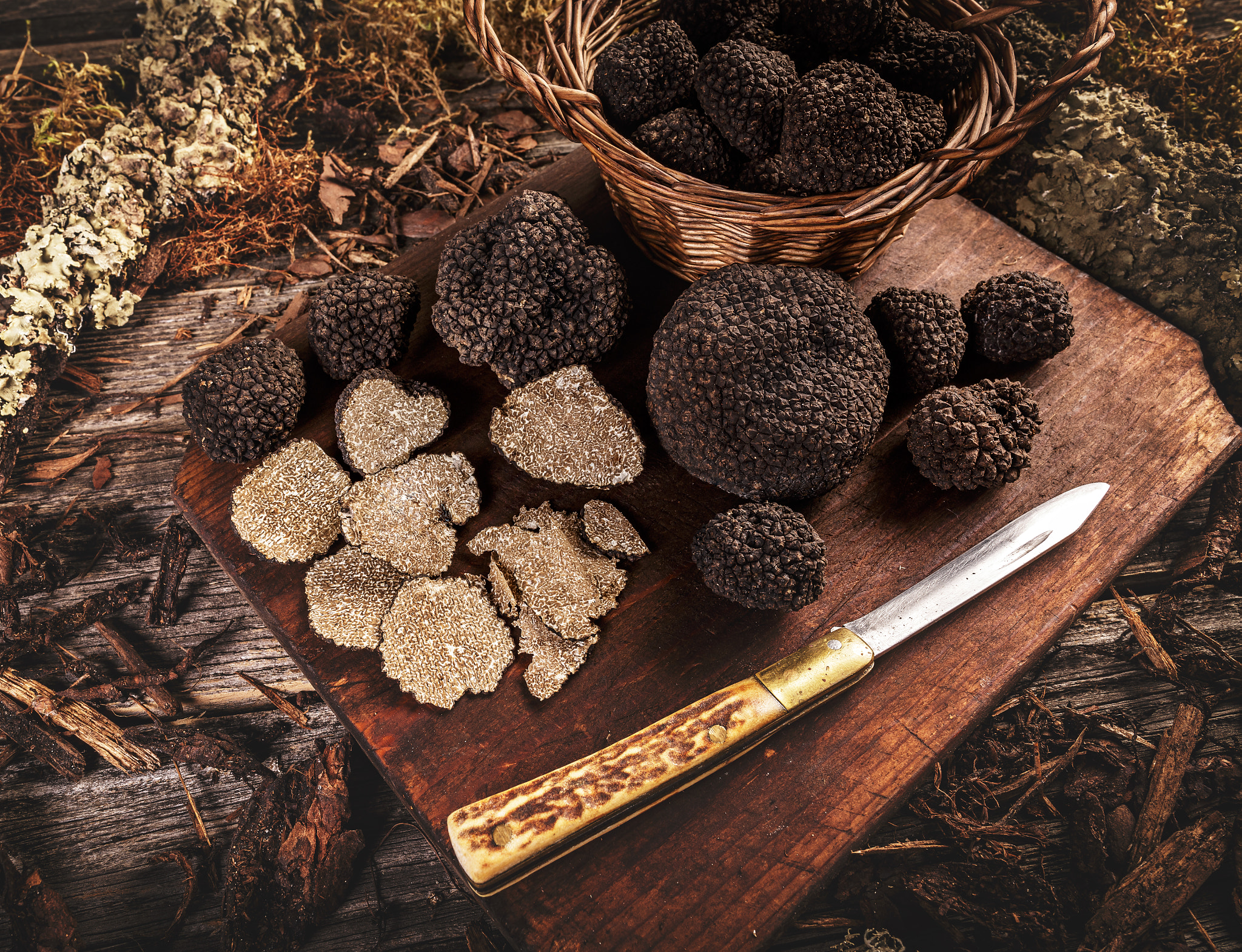Comprehensive Study Report on Truffle Varieties, Market Dynamics, Culi…
페이지 정보

본문
Introduction
Truffles, the highly prized subterranean fungi, are celebrated for their aromatic complexity and culinary value. This report explores diverse truffle species, market trends, preservation methods, and innovative uses in dog training, providing a holistic analysis of the global truffle industry.
1. Truffle Species and Characteristics
- Tuber magnatum pico: Known as the Italian white truffle, it commands premium prices (€3,000–€5,000/kg) due to its intense aroma and limited habitat in Piedmont, Italy.
- Tuber melanosporum: The Perigord black truffle, valued at €800–€1,500/kg, thrives in France and Spain, offering earthy, chocolate-like notes.
- Tuber aestivum (summer truffle) and Tuber uncinatum (Burgundy truffle): Milder in flavor, priced between €200–€600/kg.
- Lesser varieties like Tuber brumale, Tuber borchii, and Tuber macrosporum are often used as economical alternatives.
- Processed Goods: Salsa tartufata bianca (white truffle sauce), minced truffles in oil, and truffle-infused oils cater to home cooks. Frozen truffles (−18°C) retain 70–80% of fresh aroma for 6–8 months.
- Dehydration: Dried truffle slices or powder extend shelf life to 1 year but lose volatile compounds.
- Grades: Truffles are classified by size, aroma, and defects; Grade A specimens fetch 30–50% higher prices.
- Pricing Factors: White truffles fluctuate seasonally (€2,500–€6,000/kg), while black truffles remain stable. Wholesale buyers prioritize direct sourcing from European harvesters.
- Distribution: Online platforms (e.g., Urbani, Sabatino) dominate retail, offering same-day delivery for fresh truffles.
- Selling Channels: Harvesters sell via auctions (e.g., Alba Truffle Market), specialty stores, or wholesalers like TruffleHunter.
- Scent Kits: Synthetic truffle oils (2% dimethyl sulfide) or frozen truffle samples train dogs to locate subterranean fungi.
- Safety: Truffle oil (olive oil base) is non-toxic to dogs in moderation, though high-fat content warrants portion control.
- Training Kits: Include scent jars, reward systems, and mock excavation tools (€150–€300).
- Minced Black Truffle: Enhances risottos, pastas, and compound butters. Use 5–10g per serving for optimal flavor.
- Truffle Oils: Drizzle over finished dishes; avoid high-heat cooking to preserve aroma.
- Sauces: Salsa tartufata blends truffle pieces, mushrooms, and olive oil for versatile pairing.
- Sustainability: Climate change threatens Mediterranean truffle habitats, spurring cultivated plantations in the U.S. and Australia.
- Fraud Mitigation: https://terra-Ross.com/blogs/recipes/tagged/beef DNA testing and blockchain traceability combat adulteration in truffle oils and pastes.
The truffle industry balances tradition and innovation, driven by gastronomic demand and ecological adaptation. From haute cuisine to canine partnerships, truffles remain a symbol of luxury and biological intrigue, with evolving markets and applications shaping their future.

- 이전글Play m98 Casino Online in Thailand 25.11.07
- 다음글Play m98 Online casino Online in Thailand 25.11.07
댓글목록
등록된 댓글이 없습니다.